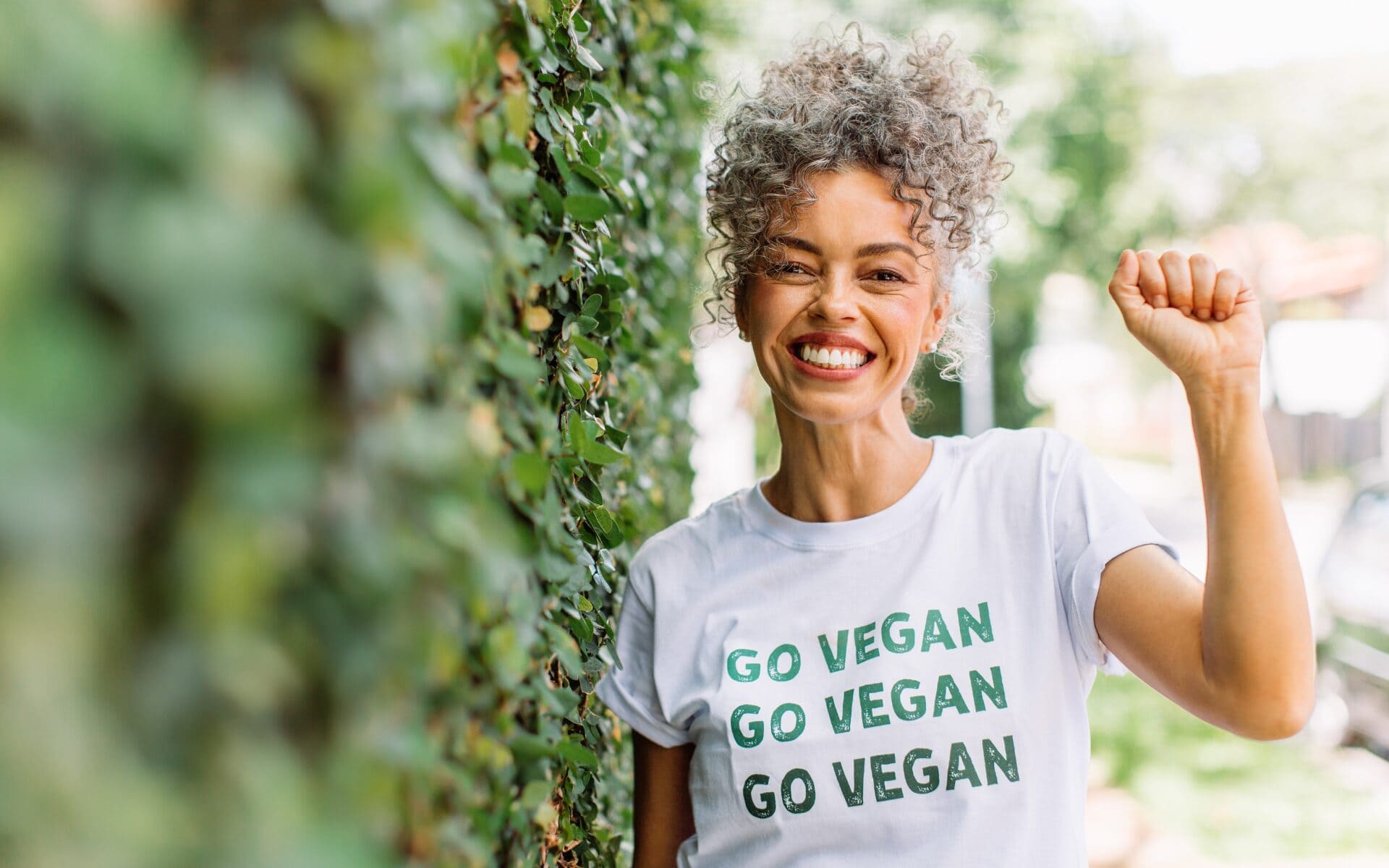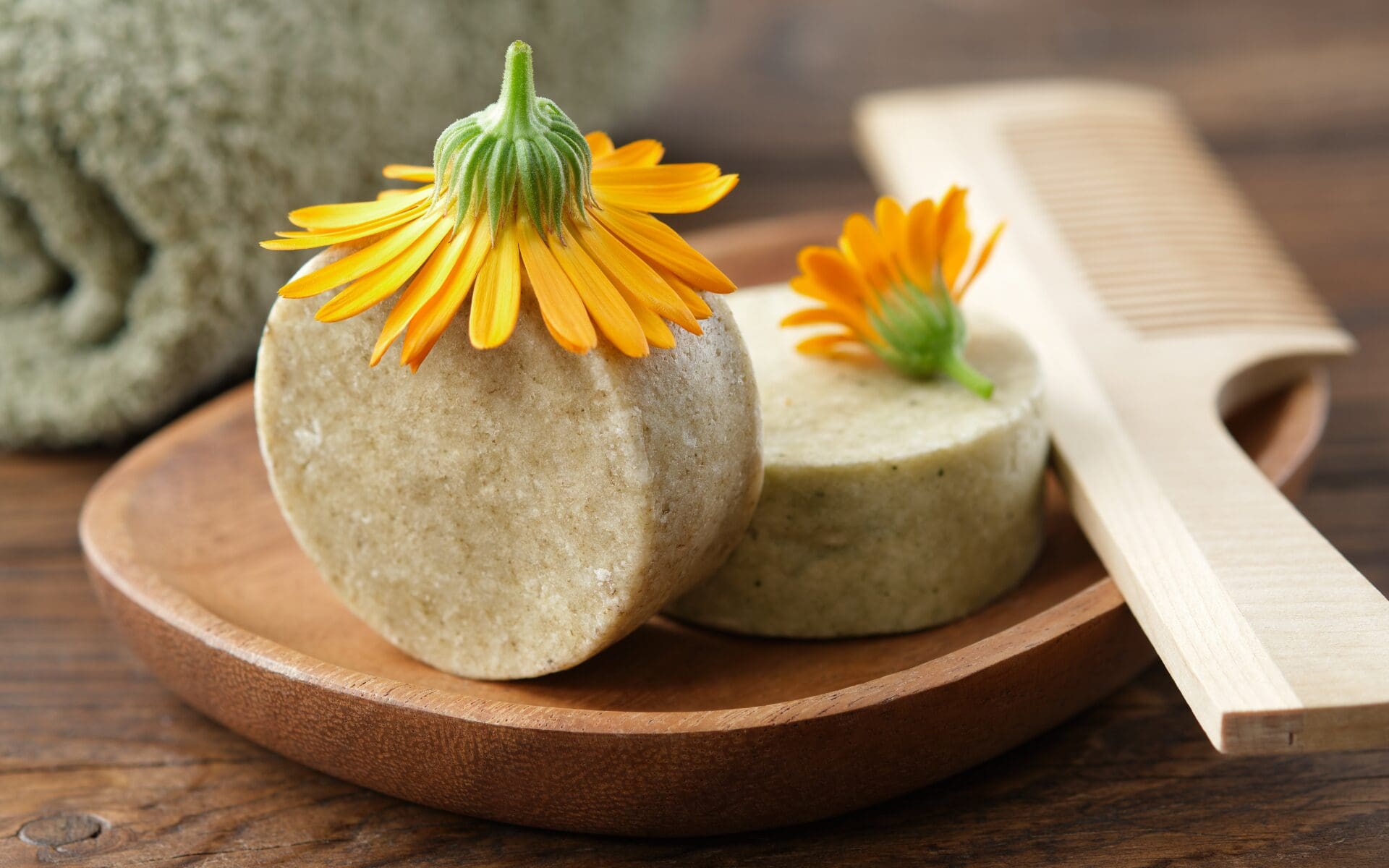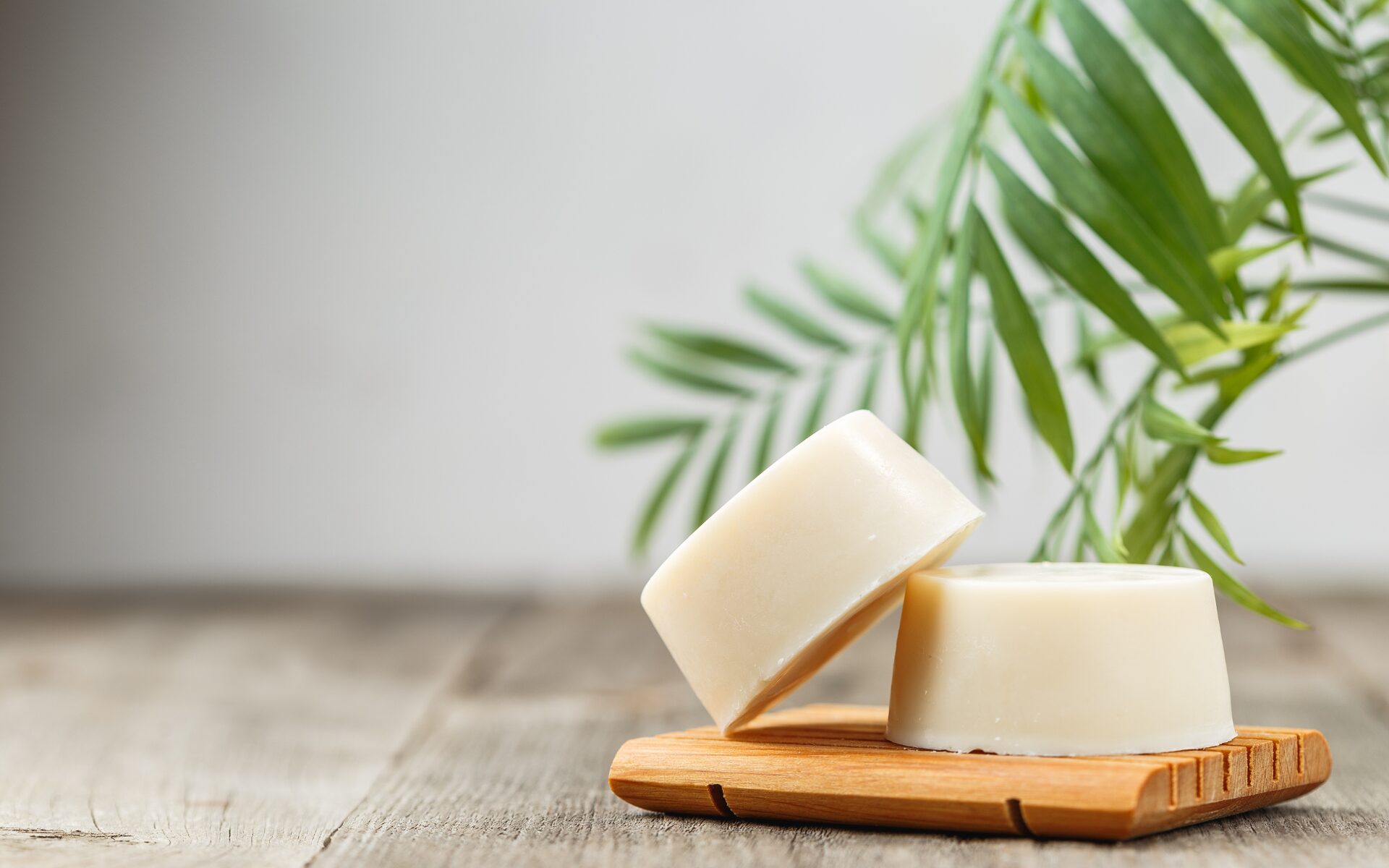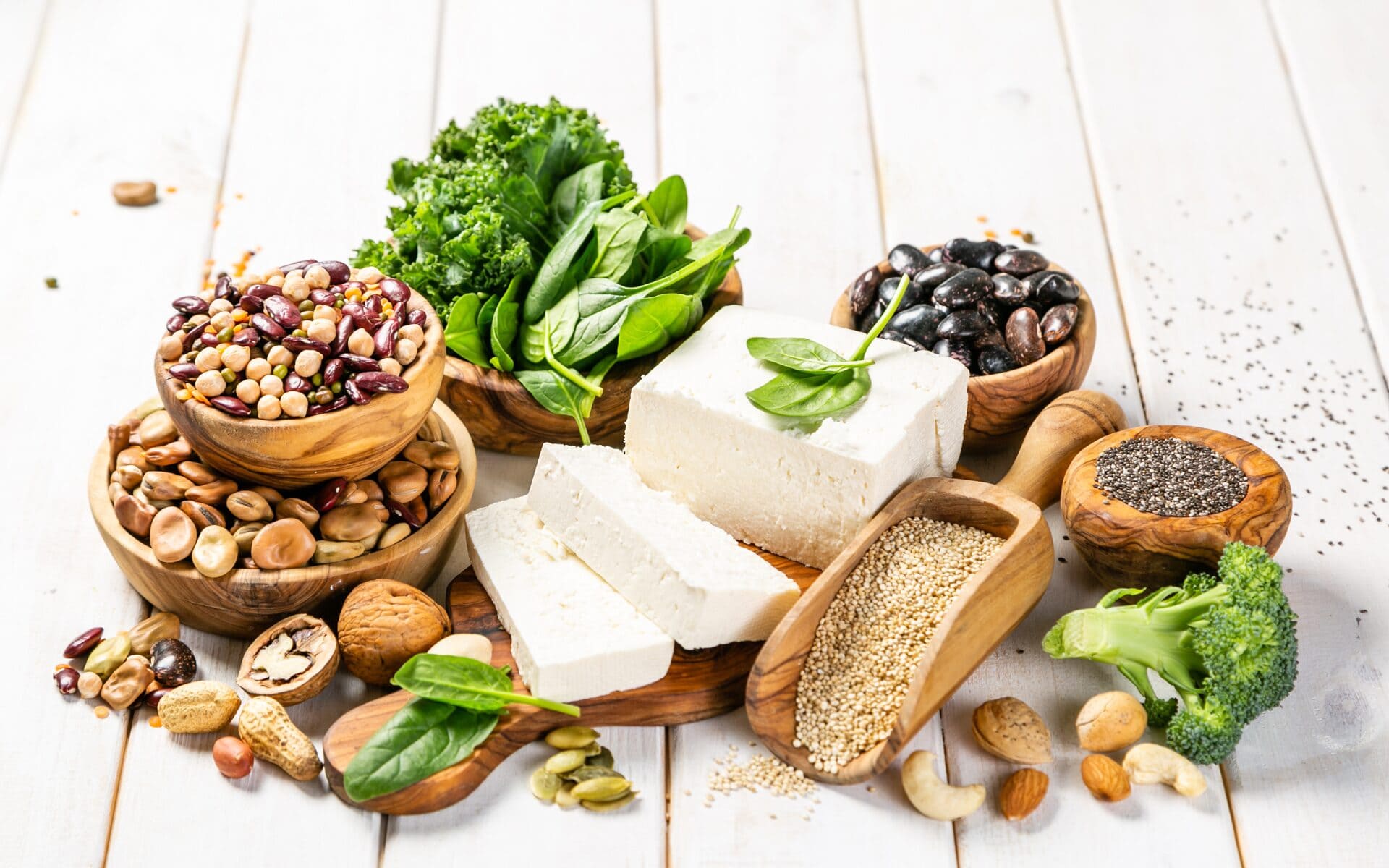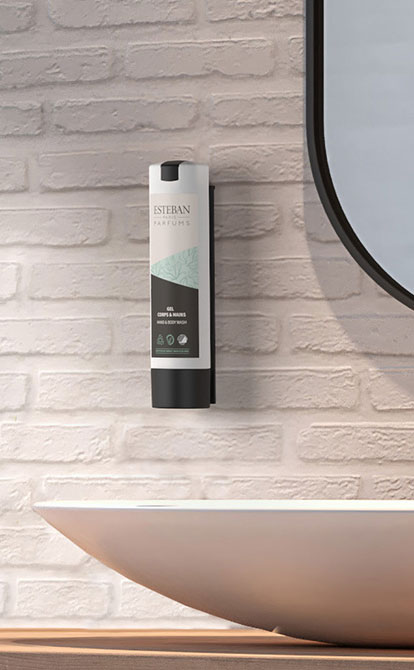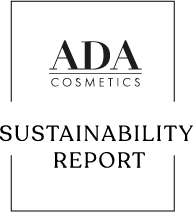How to recognize vegan cosmetics

As the demand for vegan cosmetics continues to surge, the novelty of these products is fading. In recent years, the interest in animal-friendly cosmetics has gradually transitioned from a trend to an expectation. Now, many mainstream beauty brands are either offering vegan products or working toward a full switch to 100% vegan. With its many benefits for animals, consumer health, and environmental protection, the outlook for vegan cosmetics is very positive.
How to recognize vegan cosmetics, on the other hand, can be a challenge at times. In this article, we’ll take a look at vegan cosmetics as an alternative to conventional or all-natural cosmetics, what they are, their benefits, and how to identify them.
